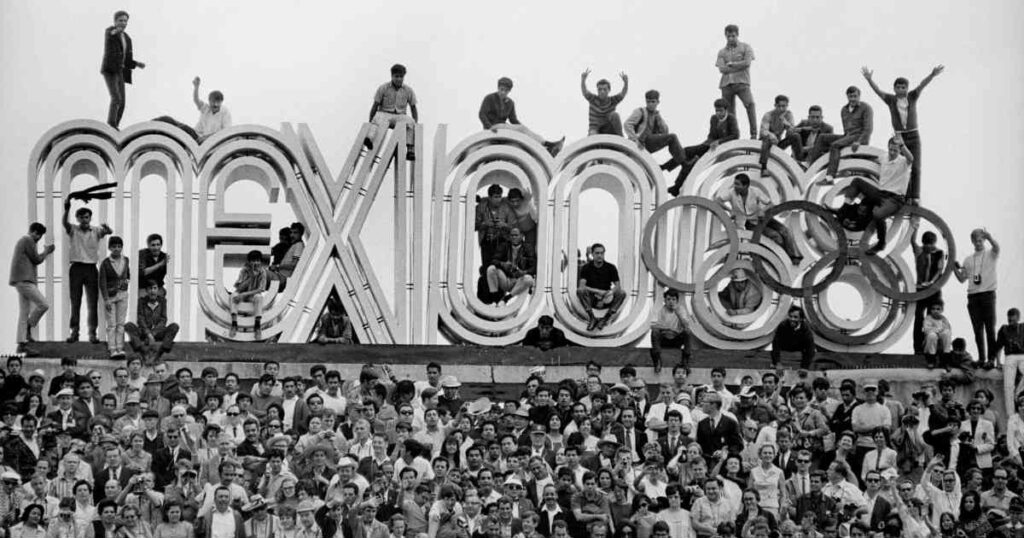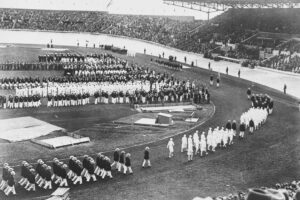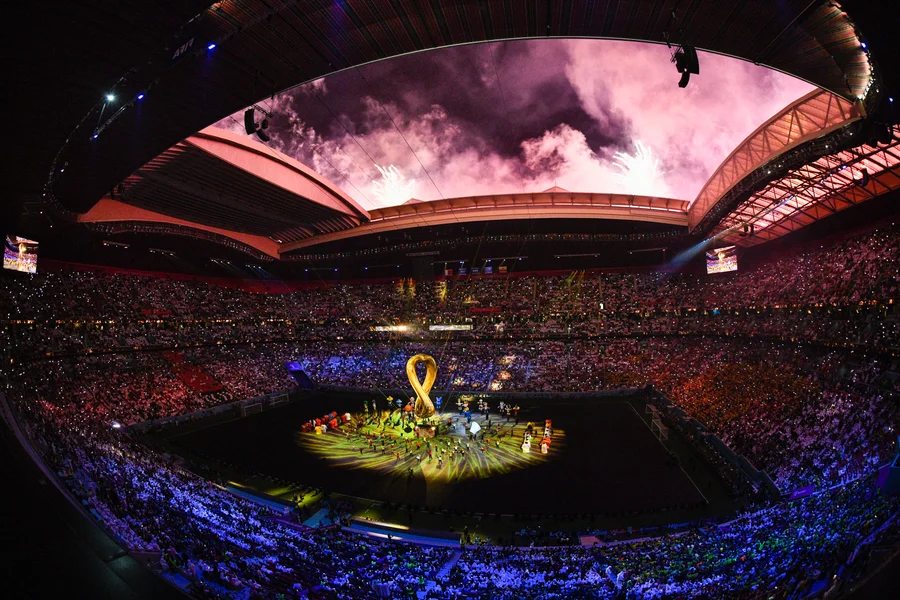A Global History of Iconic Sports Events: From Ancient Games to Modern Spectacles
Sports have long been a universal language, connecting people across continents, cultures, and generations. From ancient competitions in Greece to today’s billion-viewer mega-events, the history of sports events reflects humanity’s passion for competition, honor, and unity. This article explores the evolution of iconic sports events throughout history, shaped by tradition, technology, and global enthusiasm.

1. The Origins: Ancient Sporting Traditions
The history of organized sports dates back thousands of years. Ancient Egypt featured wrestling and archery contests. But the most famous early example is the Ancient Olympic Games, first held in 776 BCE in Olympia, Greece. These games honored the gods and were held every four years, a tradition that would inspire the modern Olympics centuries later.

2. The Rise of International Competitions
By the late 19th and early 20th centuries, technological advancements and improved travel enabled global competitions. The modern Olympic Games were revived in 1896 in Athens, followed by the founding of FIFA in 1904. These milestones marked a new era of organized international sports, allowing athletes to represent their countries on a global stage. Predictive games such as Totocalcio also started influencing sports culture significantly during this era.
| Year | Event | Significance |
|---|---|---|
| 776 BCE | Ancient Olympic Games | Origin of international sports competition |
| 1896 | First Modern Olympic Games | Revival of the Olympic tradition |
| 1930 | First FIFA World Cup | Inauguration of global football competition |
| 1960 | First Paralympic Games | Introduction of global disability sports |
| 1987 | First Rugby World Cup | Globalization of rugby as a major sport |
3. The Olympics: Unity Through Sports
The Olympic Games remain the most prestigious global sports event. Held every four years, with Summer and Winter editions, they bring together athletes from over 200 nations. The Olympics promote peace, diversity, and excellence through sports, making them a symbol of international unity.

4. FIFA World Cup: The Global Football Festival
The FIFA World Cup, first held in Uruguay in 1930, is now the most-watched sporting event in the world. With billions tuning in and hundreds of nations competing in qualifiers, the World Cup is more than a game—it’s a global celebration of national pride, talent, and drama. Football’s popularity has also fueled betting culture, seen in modern sports wagering systems.
5. Modern Mega-Events and Technology
Today’s global sports events are enhanced by technology—high-definition broadcasts, instant replay, augmented reality, and social media engagement. The Super Bowl, Wimbledon, Tour de France, and UEFA Champions League attract global audiences and massive sponsorships, merging entertainment, culture, and business. However, not all innovations succeed—some bad inventions in sports history remind us that not every idea transforms the game.
6. Social and Cultural Impact of Global Sports
Modern sports events influence more than just fans. They shape social movements, support inclusivity, and promote health awareness. The Paralympic Games empower disabled athletes, while events like the Women’s World Cup advance gender equality in sports. The rise of basketball globally also brought along a new betting subculture as seen in international basketball wagering.
7. Future Trends in Global Sports Events
As global interest grows, sports events are becoming more sustainable, digital, and inclusive. E-sports tournaments are entering the mainstream, and hybrid physical-digital competitions are on the rise. The future of sports events lies in innovation while preserving the spirit of fair play and human excellence.
Conclusion
The history of global sports events is a journey through time, culture, and human aspiration. From ancient stadiums to modern arenas, from torchbearers to VR viewers, the legacy of iconic sports events continues to inspire unity and excellence. No matter where you are, sports have the power to bring the world together—one game at a time.








